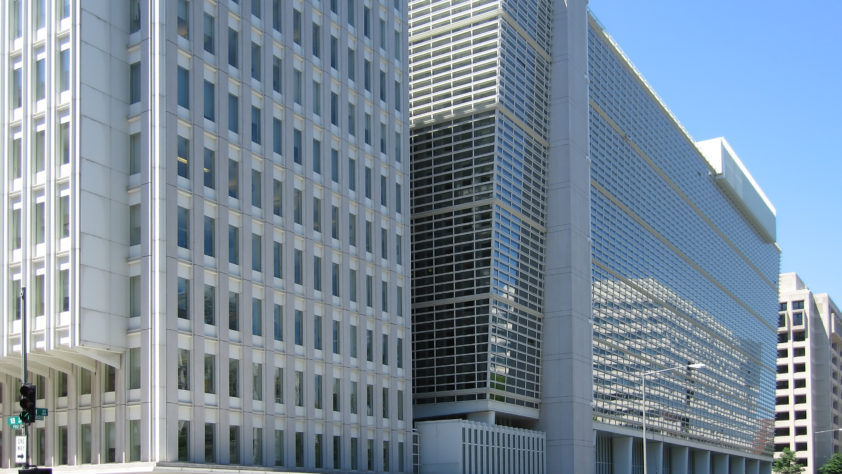
East Asia and Pacific: Countries Must Act Now to Mitigate Economic Shock of COVID-19
WASHINGTON- March 30th, 2020 – The virus that triggered a supply shock in China has now caused a global shock. Developing economies in East Asia and the Pacific (EAP), recovering from trade tensions and struggling with COVID-19, now face the prospect of a global financial shock and recession.
Sound macroeconomic policies and prudent financial regulation have equipped most EAP countries to deal with normal tremors. But we are witnessing an unusual combination of disruptive and mutually reinforcing events. Significant economic pain seems unavoidable in all countries. Countries must take action now – including urgent investments in healthcare capacity and targeted fiscal measures – to mitigate some of the immediate impacts, according to East Asia and Pacific in the Time of COVID-19, the World Bank’s April 2020 Economic Update for East Asia and the Pacific.
In a rapidly changing environment, making precise growth projections is unusually difficult. Therefore, the report presents both a baseline and a lower case scenario. Growth in the developing EAP region is projected to slow to 2.1 percent in the baseline and to negative 0.5 in the lower case scenario in 2020, from an estimated 5.8 percent in 2019. Growth in China is projected to decline to 2.3 percent in the baseline and 0.1 percent in the lower case scenario in 2020, from 6.1 percent in 2019. Containment of the pandemic would allow for a sustained recovery in the region, although risks to the outlook from financial market stress would remain high.
The World Bank Group is rolling out a $14 billion fast-track package to strengthen the COVID-19 response in developing countries and shorten the time to recovery. The immediate response includes financing, policy advice and technical assistance to help countries cope with the health and economic impacts of the pandemic. The IFC is providing $8 billion in financing to help private companies affected by the pandemic and preserve jobs. IBRD and IDA are making an initial US$6 billion available for the health-response. As countries need broader support, the World Bank Group will deploy up to $160 billion over 15 months to protect the poor and vulnerable, support businesses, and bolster economic recovery.
Written by The World Bank
Related Post
Equipping SMEs with the skills to...
SMEs and entrepreneurs heavily depend on skills to stay competitive and face greater challenges than larger firms in accessing and retaining...
The future of entrepreneurship with AI
AI-native startups are redefining the nature of entrepreneurship through accelerated scaling. With leaner teams, evolving funding dynamics, ...
Micro and small businesses can act...
In an international context where conflicts have reached their highest level since the Second World War, what role can micro, small, and med...




